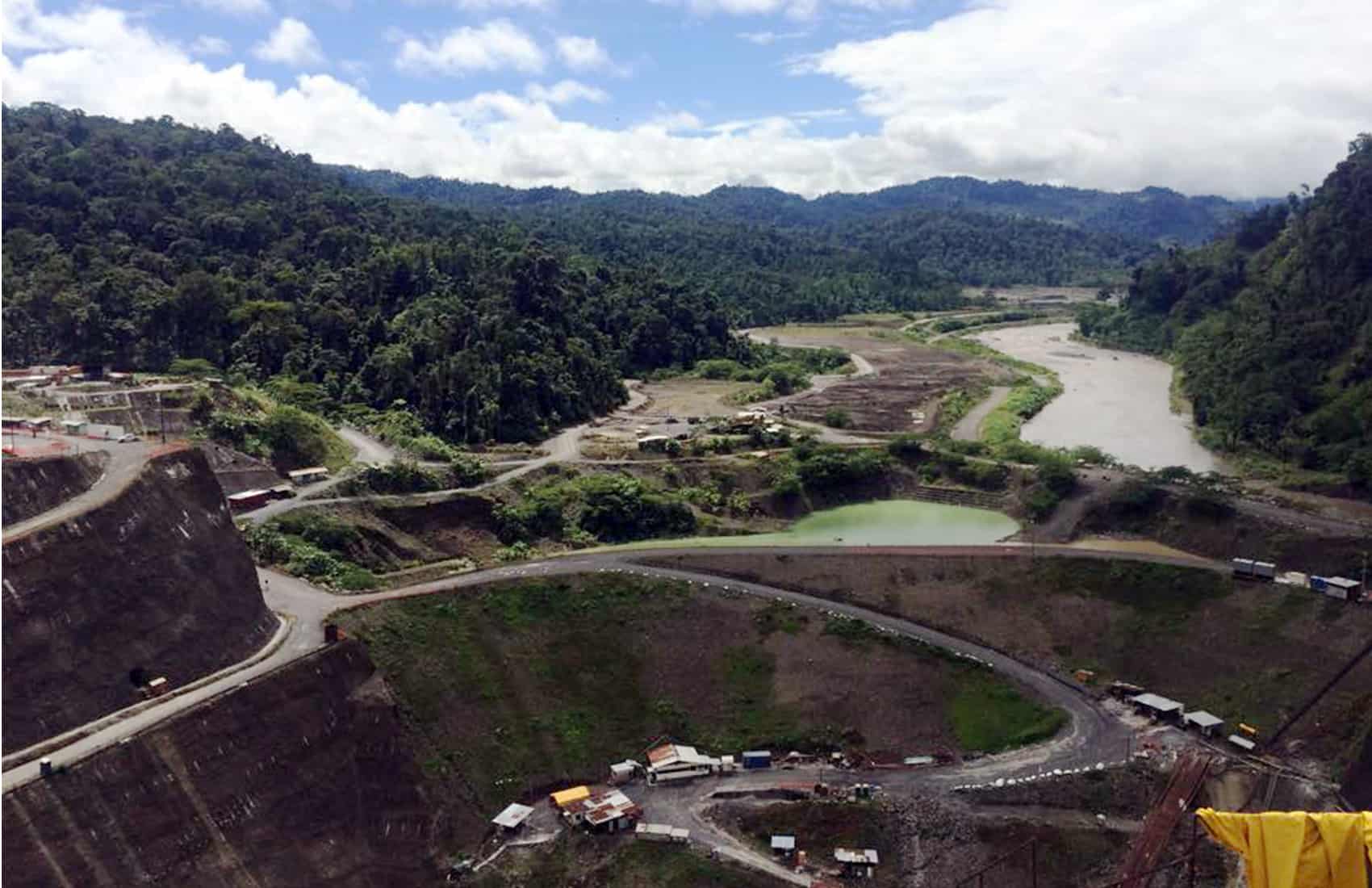Following one of the driest years in Costa Rica’s history in 2023, driven by the effects of El Niño, the country is now transitioning into La Niña in 2024, marking the next phase in the natural climate cycle. The National Meteorological Institute (IMN) estimates a 69% probability that La Niña will consolidate between October and November, potentially increasing rainfall and lasting into 2025.
However, there remains a possibility that the country could stay in the current transition phase, potentially reverting to El Niño conditions, which are typically characterized by reduced rainfall.
Werner Stoltz, director of the IMN, highlighted the uncertainty, explaining to the Legislative Assembly that if La Niña does not fully develop, the country could remain in a neutral phase, with the risk of El Niño returning in 2025. The significant rainfall deficit caused by El Niño since 2023 has brought Costa Rica to a critical point in 2024.
The potential continuation of this trend into 2025 poses serious challenges, especially for Costa Rica’s electricity system, which heavily relies on water resources for its hydroelectric plants and wind for its wind power plants.
Minister of Environment and Energy Franz Tattenbach emphasized that while Costa Rica traditionally views its rain cycle in one-year periods, scientific evidence suggests that these climate patterns typically follow a 24 to 30-month cycle. This cycle begins with the El Niño phenomenon, which reduces rainfall, followed by a transition phase, and then moves into the La Niña phase, characterized by increased rainfall.
In May 2024, Costa Rica narrowly avoided electricity rationing due to the low reservoir levels at hydroelectric plants, which produce the majority of the country’s energy.
This situation was exacerbated by what has been described as poor planning by the Costa Rican Electricity Institute (ICE). As climate phenomena continue to impact the world, Costa Rica remains vulnerable, and the next few months will be crucial in determining the country’s ability to manage these challenges.






